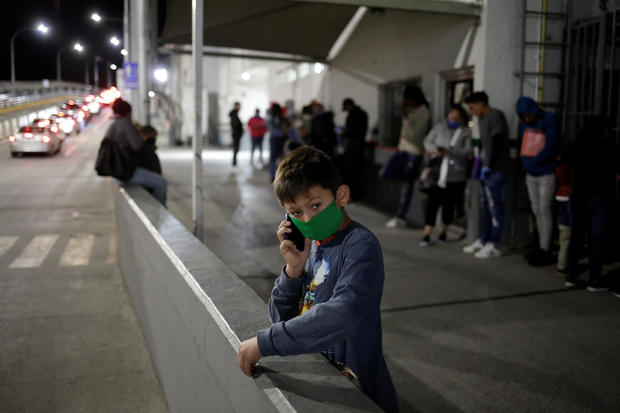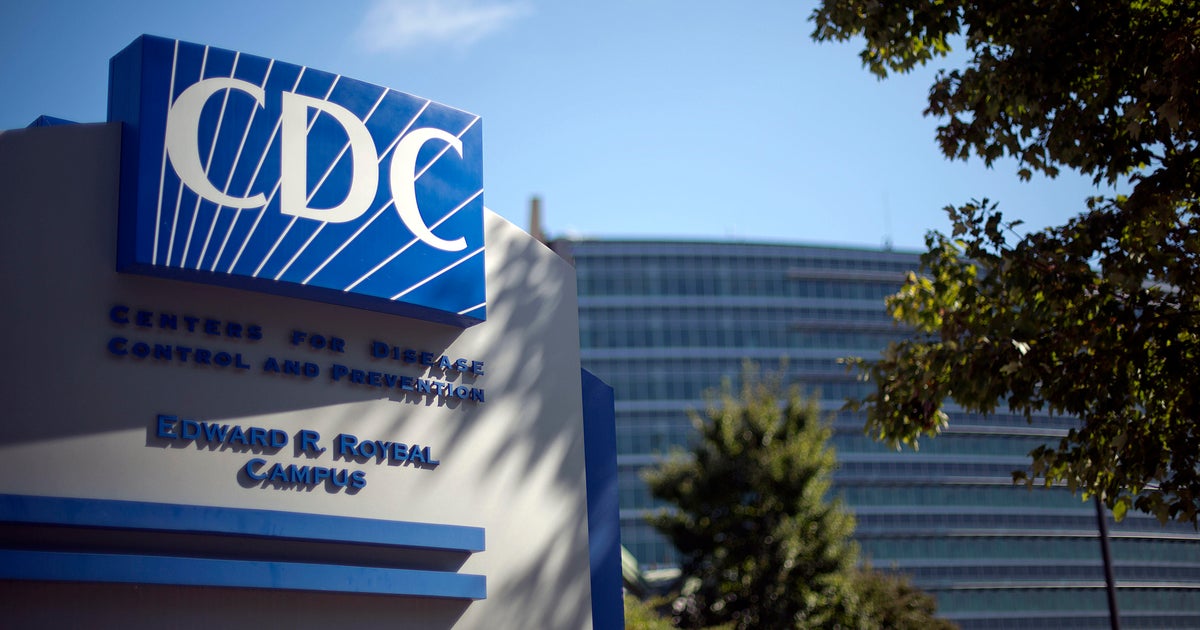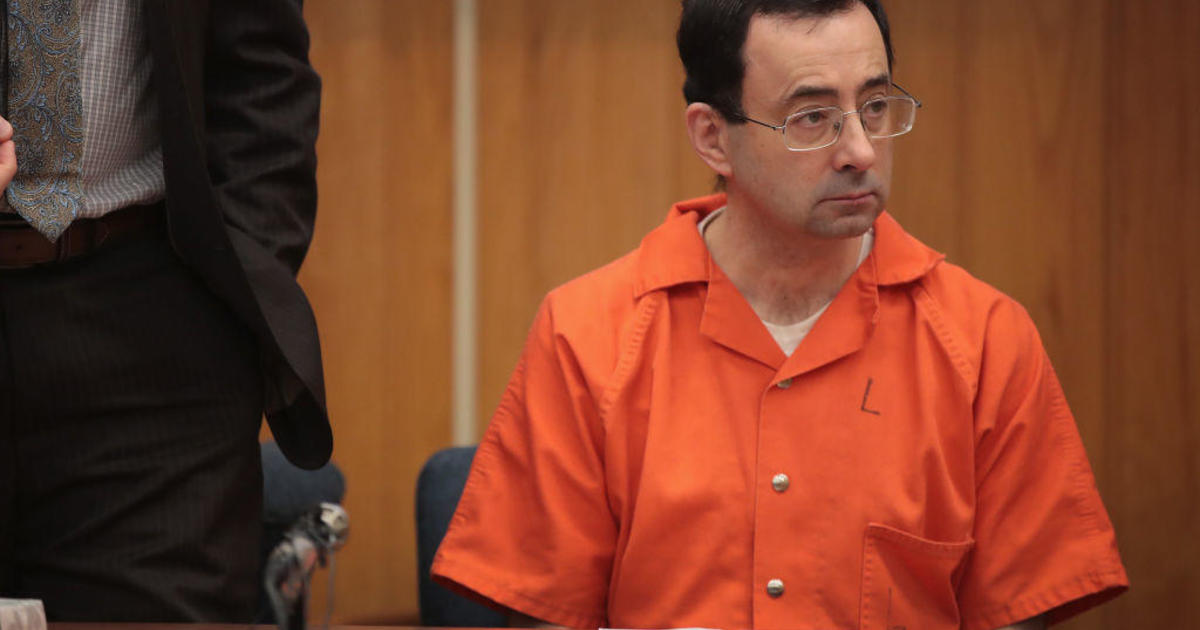20,000 migrants have been expelled along border under coronavirus directive
The Trump administration announced on Thursday that officials at the southern border have expelled more than 20,000 unauthorized migrant adults, families and children from the U.S. under a broad public health order issued in late March in response to the coronavirus pandemic.
Citing the emergency directive by the Centers for Disease Control and Prevention (CDC), border officials sent more than 14,000 migrants to Mexico or their home countries in April, according to new government data. In the last 11 days of March, more than 6,400 were expelled under the order, which the administration says allows officials to bypass laws and policies that govern the processing of migrants and asylum-seekers, including children who arrive at the border without their parents or legal guardians.
Officials relied on the emergency authority under the CDC order to quickly remove the vast majority of migrants who arrived at the U.S.-Mexico border without documents last month. More than 90% of the adults, families and unaccompanied children encountered by Border Patrol in April were expelled.
Most of the 15,862 migrants encountered by Border Patrol last month were single adults, but 604 families and 734 unaccompanied minors were also processed. Officials did not immediately say how many of these families and children were processed under the CDC order, but government data suggests most of them were expelled.
The Office of Refugee Resettlement, charged with caring for unaccompanied migrant minors, received only 58 children from border officials in April, according to the data obtained by CBS News. In March, including the 11 days under the order, border officials referred 1,852 children to the agency. Since the office has continued releasing minors to sponsors in the U.S. during the pandemic, less than 1,650 children remained in its care this week — a population level not seen since late 2011.
The administration has argued that the CDC directive, which cites a World War II-era public health law, is critical to contain the spread of the coronavirus inside the U.S., saying potentially infected migrants could overburden medical institutions along the borderlands. Acting Customs and Border Protection Commissioner Mark Morgan reiterated on Thursday that the order is not part of the administration's immigration agenda, but rather a measure to safeguard public health.
"This is not about immigration," Morgan told reporters during a remote briefing.
Advocates, however, disagree, saying the administration is accomplishing something it has sought to do for years: restrict access to humanitarian protections for unauthorized migrants who arrive at the border. Since officials are processing most of them under public health law, migrants could be denied the opportunity to apply for humanitarian programs, like asylum, that are enshrined in U.S. immigration law.
Thelma Garcia, an immigration attorney in the Rio Grande Valley, the most heavily patrolled sector of the U.S.-Mexico border, said the CDC directive is being used to deny migrants access to America's asylum system.
"There are still problems in Central America. People are still fleeing. Once they cross the border into the U.S., nobody knows anything about them because they are deported so quickly. And I'm sure there's a lot of people in there with some good claims that should not be removed," Garcia told CBS News. "But they are using the pandemic as an excuse not to follow the immigration and asylum laws."
The CDC order was first issued on March 20 and renewed late last month for another 30 days. Morgan did not confirm whether it will be extended yet again beyond the current May 20 end date, saying health officials will make that determination. But he said the public health risk posed by processing large numbers of migrants persists, citing the growing coronavirus cases in Mexico.





